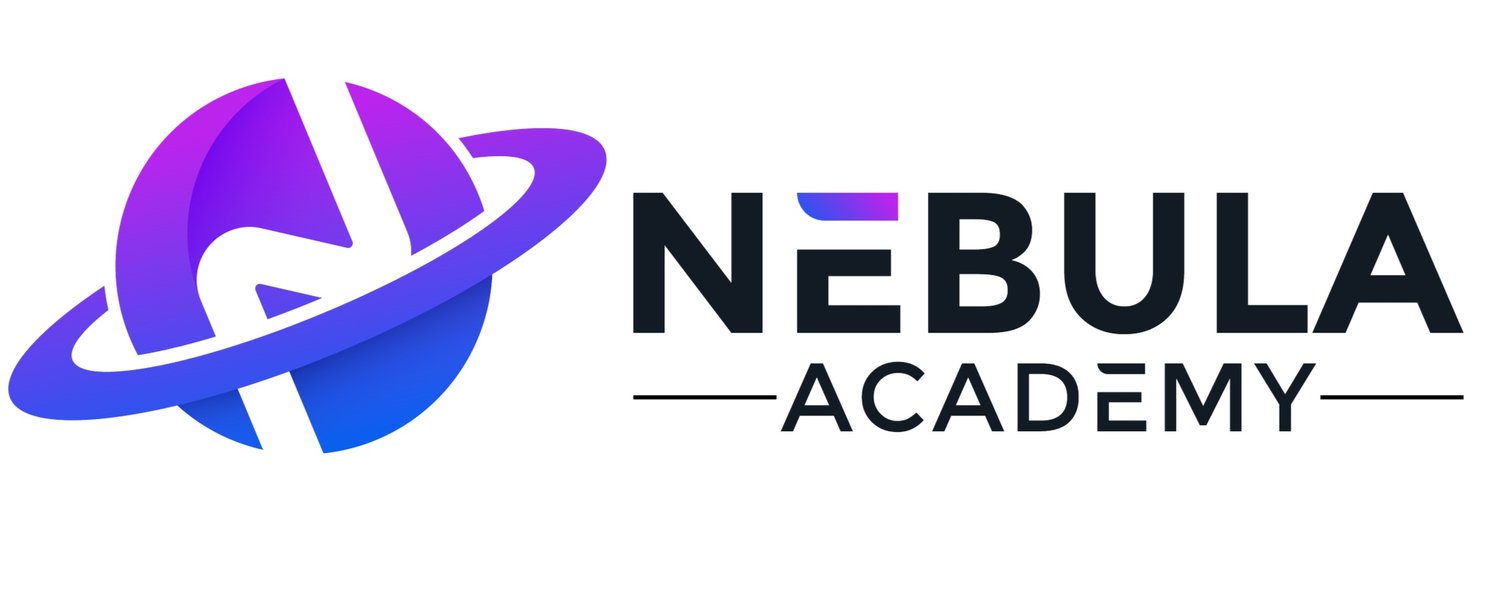EMOTIONAL INTELLIGENCE
Anam Javaid
At Nebula Academy, we are mission driven to offer workforce development programs to support our candidates in reskilling themselves to change or elevate their careers to join the tech workforce. Reskilling not only in the hard, tech skills, but also in the soft skills. As a workforce training provider, we find that it is just as important that our students have the resources and tools to understand the importance of emotional intelligence in the workplace.
Working with people who have been in the tech industry, I find that we don’t talk much about emotional intelligence. Many times, we don’t even know how to interact or communicate with our colleagues or our employers effectively. Meanwhile, these factors are important for success in any field.
WHAT IS EMOTIONAL INTELLIGENCE?
Emotional intelligence refers to a person’s ability to recognize, understand, manage ad reason with emotions. It is an invaluable skill that helps improve communication, management, problem-solving, and relationships within the workplace. It is also a skill that can be improved with training and practice.
Emotional intelligence is not just for CEOs and senior managers. It's a quality that's important at every level of a person's career, from students looking for internships to seasoned employees hoping to take on a leadership role. If you want to succeed in the workplace and move up the career ladder, emotional intelligence is critical to your success.
WHAT WE TEACH
We find our soft skills training to be beneficial to our students, especially when it comes to collaborating with one another in a team setting. These skills transcend into the workplace when they get employed and in other areas of their lives.
HERE ARE 5 STRATEGIES WE TEACH OUR STUDENTS TO DEVELOP EMOTIONAL INTELLIGENCE:
Managing your negative emotions: The best way to manage negative emotions is to reappraise the situation with an objective approach. Trying to gain different perspectives on the issue helps to not get overwhelmed by it.
Being mindful of your language: Communication is key in the workplace. Emotionally intelligent people tend to use more specific words that can help communicate deficiencies and immediately work to address them.
Practicing Empathy: Like the common saying: “put yourself in their shoes”. Showing empathy does not excuse unacceptable behavior, but it helps to remind us that everyone has their own issues.
Knowing your triggers: Being aware of what stresses you out helps to be proactive in having less of it in the workplace! The more you understand what triggers you, the more you can learn how to handle them.
Dealing with conflict: How you react to conflict is what sets you up for success or puts you on track for a meltdown. Practicing optimism and asking constructive questions to see what you can take away from the conflict helps to create a healthy workplace engagement.
Emotional intelligence can evolve over time, as long as you have the desire to increase it. Every person, challenge or situation is a learning opportunity to test your EQ. It takes practice, but you can start reaping the benefits immediately.



